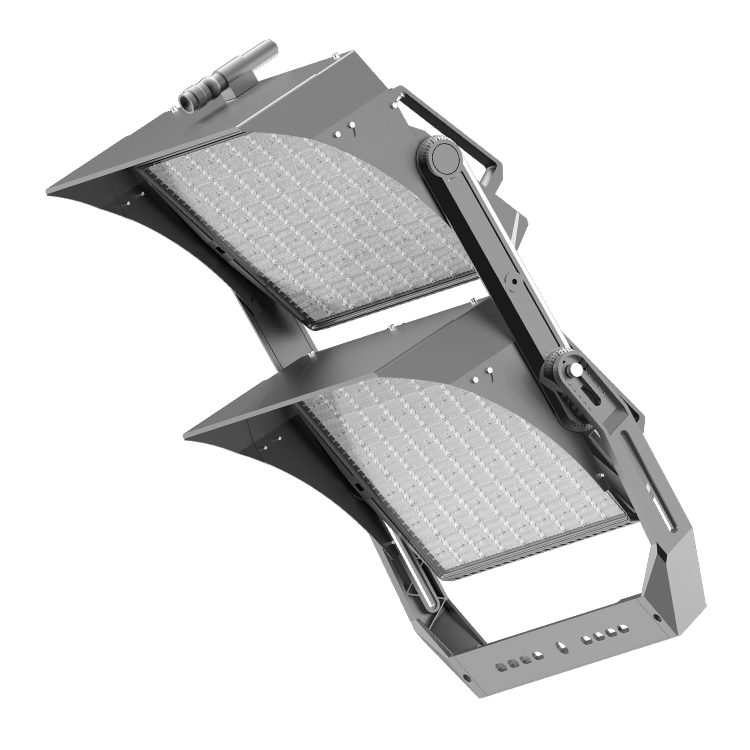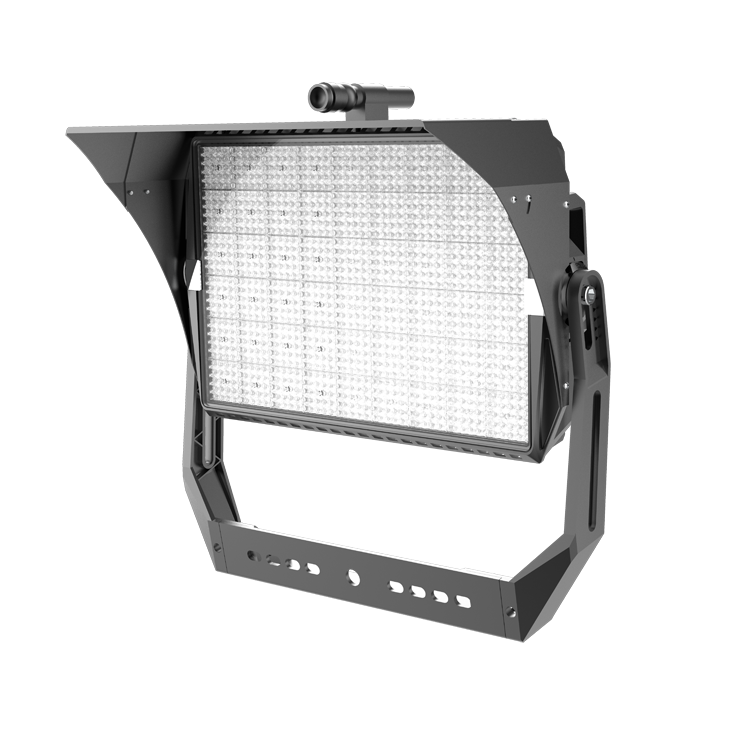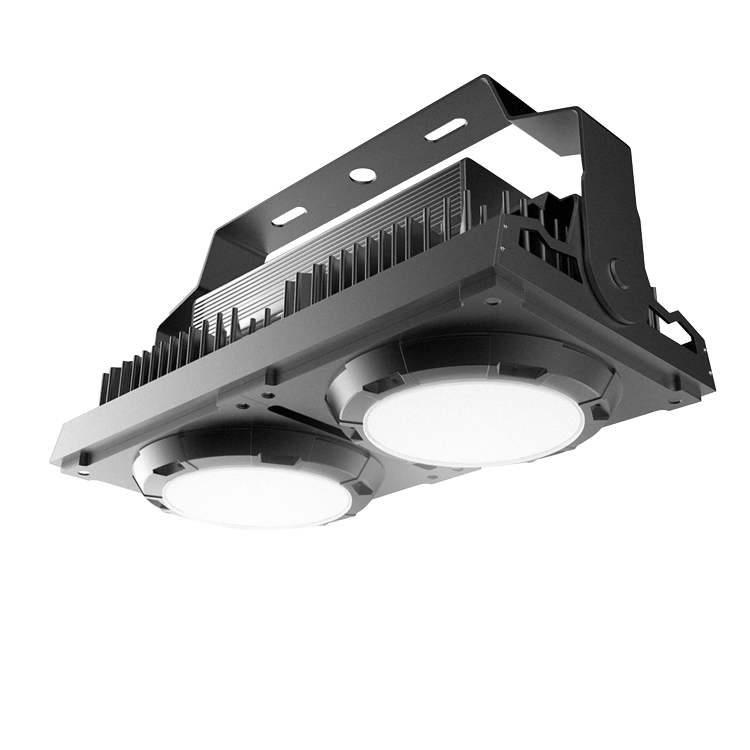
Did you know that the global LED lighting market is projected to reach a staggering $100 billion by 2025? That’s right! With such explosive growth, understanding the legal framework surrounding LED flood light factories becomes crucial for manufacturers and consumers alike.
The Basics of LED Flood Light Factories and Their Legal Attributes

So, what exactly are LED flood light factories? These facilities specialize in producing high-intensity lights designed for outdoor use. But beyond just manufacturing, they operate under a complex web of laws and regulations. From safety standards to environmental compliance, these factories must adhere to various legal requirements that ensure their products are safe for public use. Legality plays a significant role here; it’s not just about making great lights but also ensuring they meet all necessary guidelines.
Mason’s Role in Legality within the LED Flood Light Factory Scene
Now let’s dive into Mason—a key player when we talk about legality in this industry. Mason refers to both the foundational principles governing manufacturing practices as well as specific regulatory bodies overseeing compliance. In essence, Mason ensures that every product coming out of an led flood light factory meets stringent quality control measures while adhering to local and international laws. This includes everything from labor rights within the factory itself to consumer protection laws regarding product safety.
The IP65 Tri-Proof LED Light Fixture: A Legal Perspective
When discussing legality, one cannot overlook the IP65 tri-proof led light fixture—an essential component in many outdoor applications. Here are some key legal characteristics:
Click ip65 tri proof led light fixture.
- Waterproof Standards: Must comply with IP65 ratings which dictate resistance against water ingress.
- Sustainability Regulations: Often required to meet eco-friendly production standards set by governmental bodies.
- Circuit Safety Compliance: Needs certification proving electrical components meet national safety codes.
- Lifespan Guarantees: Manufacturers may be legally obligated to provide warranties based on expected lifespan claims.
- User Instructions & Warnings: Clear labeling is mandated by law so users understand how best to utilize these fixtures safely.
A Conclusion Worth Lighting Up!
If there’s one takeaway from our exploration today, it’s this: understanding legality within an LED flood light factory isn’t just important—it’s essential! From meeting rigorous safety standards like those associated with IP65 tri-proof fixtures to navigating complex regulations laid down by entities like Mason, staying informed helps ensure both manufacturers and consumers can enjoy reliable lighting solutions without any hiccups along the way!
